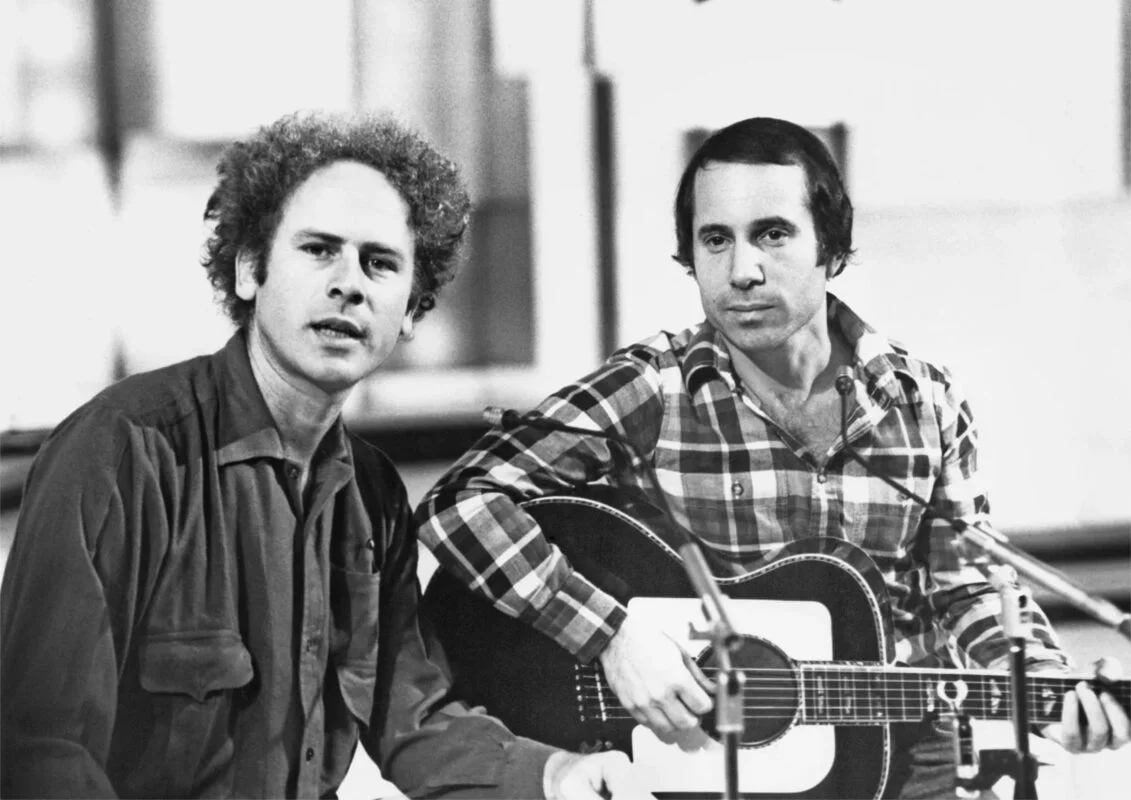
42 years ago today, the British photographer Pennie Smith took this photo of the Clash’s Paul Simonon onstage at NYC’s Palladium, smashing his Fender Precision Bass. It went on to become the cover to London Calling and one of the most iconic rock photographs of all time.
Simonon said that he smashed his bass out of frustration when the bouncers at the concert won’t let audience members stand upâThe Palladium had fixed seatingâmaking for a far more demure, dull atmosphere than the London punks were accustomed to.
Unable to raise any real response from the crowd, Simonon grabbed his instrument by the fret board and smashed it furiously against the stage. He didn’t know it at the time, but the album artwork history had just been made. “When I look at it now, I wish I’d lifted my face up a bit more,” Simonon explained in a 2011 interview.
Pennie Smith originally did not want the photograph to be used. She thought that it was too out of focus. “It’s very pleasant to be praised, but of all the Clash photos I took, there are others that perhaps I prefer. There are other, more snapshot-type things that still take me back to that gut feeling I had then; perhaps an odd backstage one,” Smith said in 2003.
Despite Smith’s rejection, The Clash’s frontman Joe Strummer and graphic designer Ray Lowry thought it would make a good album cover. In 2002, Smith’s photograph was named the best rock and roll photograph of all time by Q magazine, commenting that “it captures the ultimate rock ‘n’ roll momentâtotal loss of control.”

Lowry’s artwork was an homage to the design of Elvis Presley’s self-titled debut album. As of May 2009 Simonon’s bass has been on display at the Cleveland Rock and Roll Hall of Fame.
London Calling has since been considered by many critics to be one of the greatest rock albums of all time. I agree with what Rolling Stone magazine claimed about the album: it celebrates the romance of rock & roll rebellion.
• Read also LONDON CALLING 39TH ANNIVERSARY.



